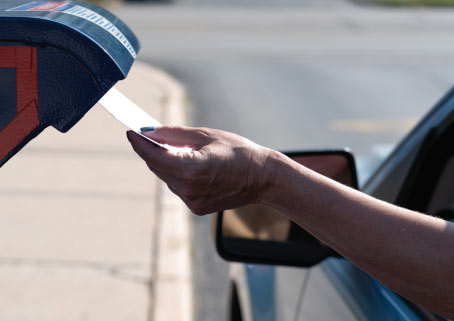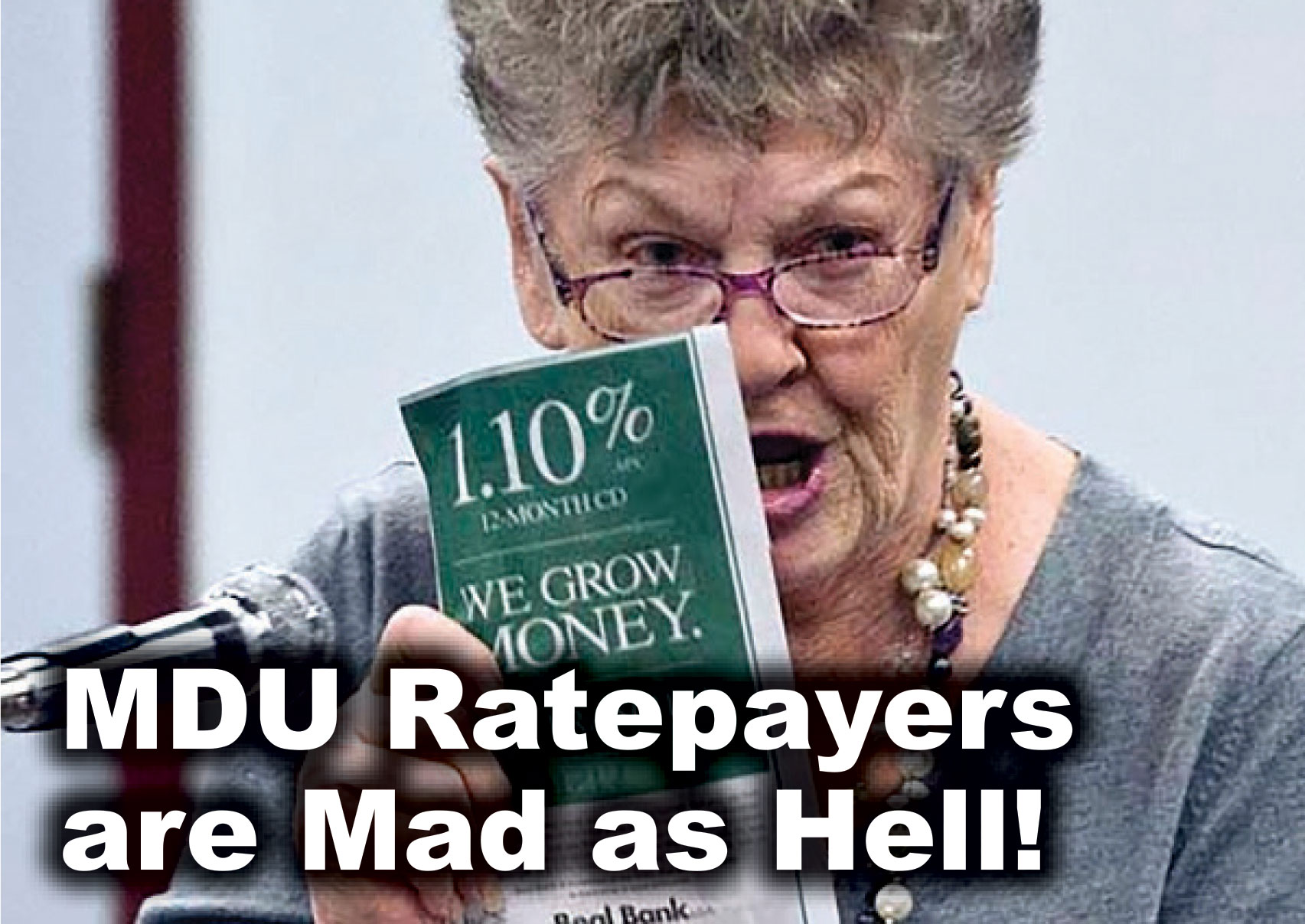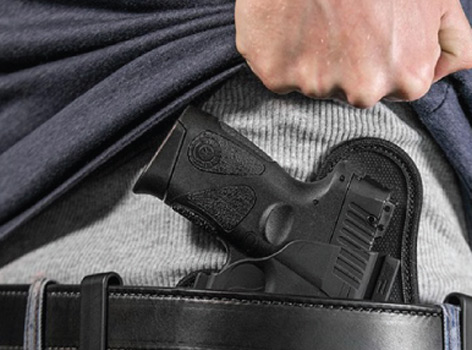COMMENTARY BY
Hans A. von Spakovsky@HvonSpakovsky
Heritage Foundation Election Law Reform Initiative
Manager, Senior Legal Fellow
Key Takeaways
Why would we want to encourage voters to cast their ballots through the mail or place them in unsupervised, unsecured “drop” boxes instead of voting in person?
The worst mail-processing facilities in the country only managed to deliver this very important election mail 84.2 percent of the time.
Given the inherent security problems with mail-in ballots, their use should be very limited, and states should protect the integrity of the absentee-voting process.
Ask yourself: If you won $500 million in the Powerball lottery, would you put your winning ticket into an envelope and trust the U.S. Postal Service (USPS) to deliver it to the state agency that administers the lottery? Or would you want to deliver your ticket personally to lottery officials to ensure that they received it and acknowledge that you are the owner of that ticket?
The answer is pretty obvious to just about anyone. So why would we want to encourage voters to cast their ballots through the mail or place them in unsupervised, unsecured “drop” boxes instead of voting in person in a polling place?
A polling place under the bipartisan supervision of election officials and the observation of poll watchers has numerous advantages. It helps ensure not only that the ballots are completed by the registered voters and deposited in a locked, sealed ballot box, but also that the voters’ eligibility and identity are verified; that no voters are pressured or coerced to vote a particular way by candidates, party activists, and political guns-for-hire, who are all prohibited from being inside the polling place; and that no ballots get “lost” in the mail or not delivered on time.





